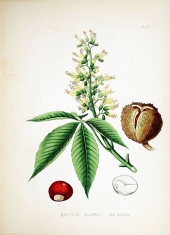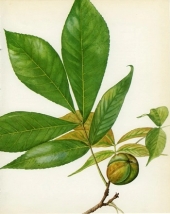posted 5 years ago
The story I was told was similar, but the tree involved here was Hemlock. The first thing the guide did was assure us it was safe. A tea was made of the buds, but the needles at any stage but wilted could be used.
But these are things you forage from your woodlot or wild spaces, not herbs you grow in your backyard.
Garlic is by far the most important, to my mind, especially if you have extensive contact with the natural environment. I appreciate not only the taste, but the natural worming and parasite-killing compounds as well. At least three I would grow, or try to, would be ginger, turmeric, and ginseng.
I think a lot depends on your personal needs. Just as doctors can't mass-prescribe treatments that work for everyone, you won't find an answer here that perfectly correlates with your needs, unless there's someone here who's literally your neighbour, or else in a literally analogous situation, with exactly the same genetic predispositions and environmental cues. And diet.
But anyways, I don't have a comprehensive list for you, but I know how you can design one to your needs.
There are various things herbs do, and so are grouped by those things. In western herbalism, for instance, tonics literally tone, as in make tissues come together, become firmer, or more elastic and resilient, tightening things up. If there were five of these categories, I would choose two from each of plants that grow as weeds in your area, or with local weedy analogues that indicate optimal conditions for a cultivated variety.
I would also ask around to see what your neighbours grow successfully, and perhaps search your municipality online to see if there is a municipal or regional gardener or office you could consult.
I think it might be helpful to break it down in this way, and then assess what your medicinal needs are, and then assemble your list that way, and perhaps not worry so much about the actual number.
The examples given, though, agree with my thoughts, for what it's worth.
But let us know how you proceed, and good luck.
-CK
A human being should be able to change a diaper, plan an invasion, butcher a hog, conn a ship, design a building, write a sonnet, balance accounts, build a wall, set a bone, comfort the dying, take orders, give orders, cooperate, act alone, solve equations, analyze a new problem, pitch manure, program a computer, cook a tasty meal, fight efficiently, die gallantly. Specialization is for insects.
-Robert A. Heinlein










